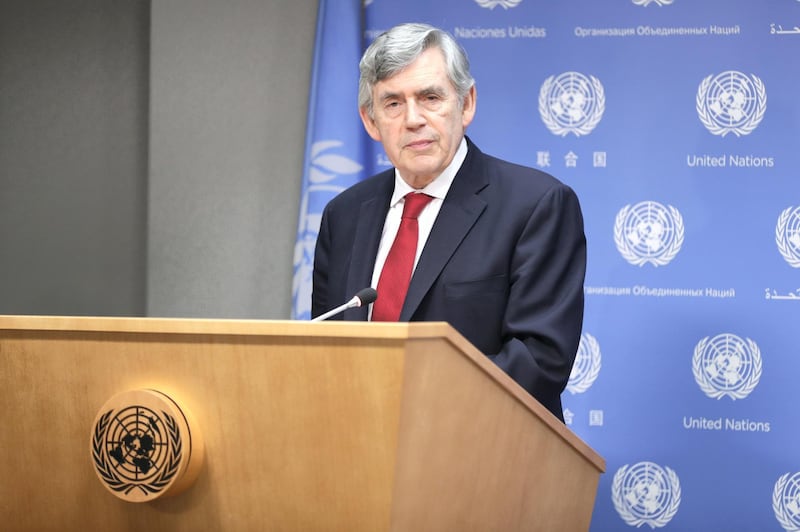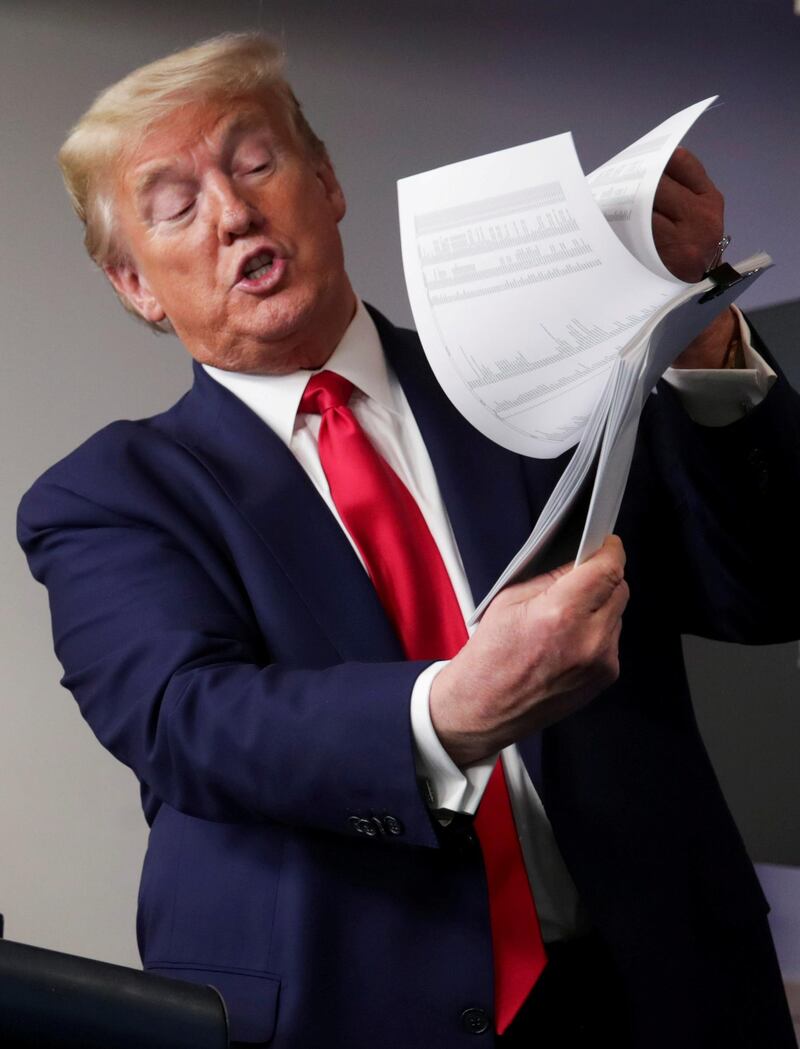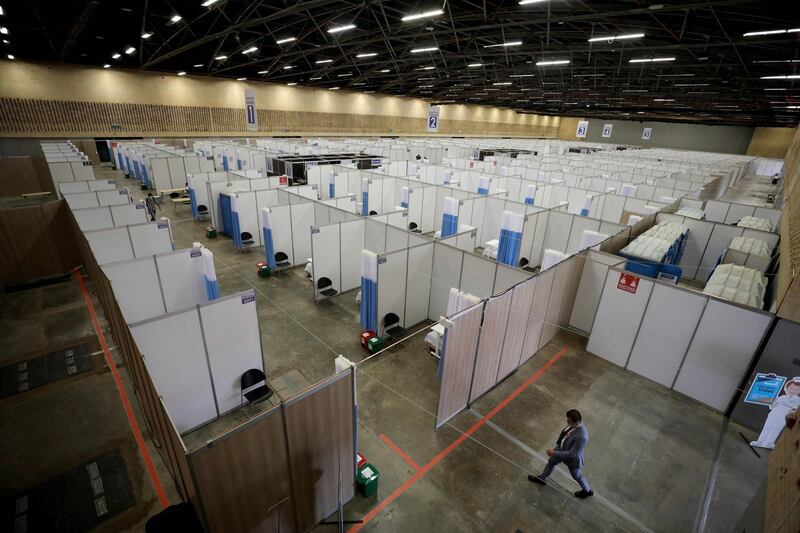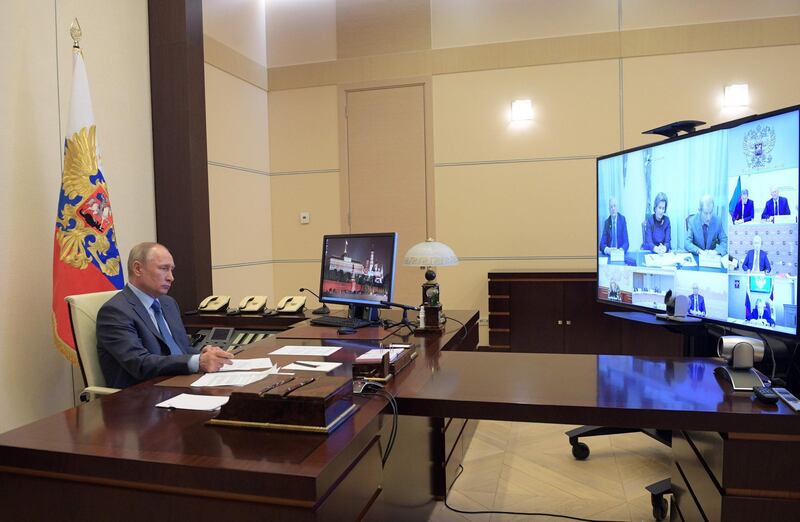Former British prime minister Gordon Brown, who was the architect of the global response to the 2008 financial crisis, has warned that the international efforts to address the coronavirus are failing.
Calling the emergency caused by Covid-19 the challenge of generation, Mr Brown said the world had just days to come together to mount an effective counter attack to the health crisis and economic downturn.
He said a globally backed task force should be set up to coordinate central banks, manage international capital flows and support the fiscal response.
Recalling his words to the Group of 20 meeting following the Global Financial Crisis, Mr Brown said today's leaders were, in Winston Churchill's words, "resolved to be irresolute".
"If you keep trying and keep pushing, you will get get the results," he said. "This is too big a crisis and we will be judged too harshly for failure."
While individual countries had spent vast sums, there was a mismatch at the international level.
Addressing a Zoom meeting organised by the London School of Economics, Mr Brown said countries had not properly funded the efforts to find a vaccine, develop therapies to treat the disease and strengthen systems to prevent a second and third round of global infections, particularly from the developing world.
He said it was astounding an appeal for scientists and experts to obtain $8 billion in funding was only one-third funded.
He called for an international funding conference, such as one recently proposed by the EU, to be convened within days.
The second urgent call was for a reboot of the G20 offer to stay repayments on developing nations debts that was made earlier this month.
Laurence Summers, a former US Treasury Secretary, said it would be "catastrophic" if anyone involved in the G20 meeting had taken satisfaction from the decision taken at the last meeting. He said the poorest countries had the capacity to collapse the world economy and would not benefit from the offer may at the virtual meeting.
Mr Brown said the money would not come from the G20 alone but a global pledging conference and the establishment of a task force to spend the funds raised.
"The second issue is what the international institutions do to prepare for the next wave that is going to hit Africa and the emerging markets," he said. "What we will have to do is to get the world economy back to growth."
In particular he said the debt relief offer was well designed but not large enough to stop a downturn.
The 1930s Great Depression remained the object lesson of the consequence of doing nothing. "We could not repeat this mistake at this generation's rendezvous with destiny," he said.




















